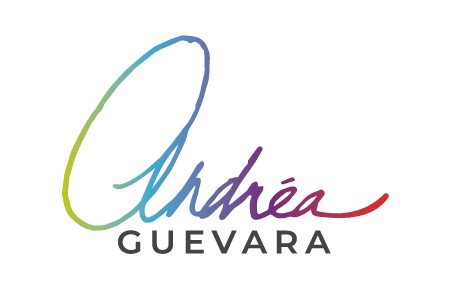True Growth Comes through Being Supported
Just before throwing a party at my house last spring, my 25-year-old son said, “Mom you’ve grown so much, you’re not as stressed out like you usually would be back in the day.” I laughed and thought for a moment. Yes, I’d grown some, but there was something else—family members helped prepare for the day, cleaning, setting up lights, offering to pick up ice, etc.
“Yeah, I feel better because I feel supported.”
Growing up in the U.S., I think a lot of us have internalized the malignant message that we’re supposed to be independent above all else. That our independence is more important than showing up as the whole, imperfect humans we are. That somehow we’re supposed to be perfect and the more we take on the more impressive we are. As if interdependence is a weakness.
How many times have I thought, “Wow, I don’t know how she does it!”?
And the answer, most of the time is actually, “She doesn’t.” I mean sure in the gleam of social media content it might seem like everyone is doing better than I am, but deep down I think we all know it’s bullshit.
After a lifetime of this “hyper independence” training, it can be difficult or even excruciating to ask for help. Why? Because maybe we feel like we’re admitting defeat, or at the very least admitting that we can’t “do it all.”
The thing is, asking for—or even accepting—help can trigger a whole host of negative emotions because at its core there’s risk in placing your trust in someone else. And if you happen to be one of those kids who grew up too fast in order to take care of others (it me), that act can be triggering on a primal level.
Before I cover how to move past that, I’d love to share how doing that has helped me.
Here are a few examples of how opening myself up to support has made a difference:
- When I listened to the intuitive pull I felt to move closer to family during the pandemic and engaged carefully in reconnecting, I felt a wave of building support that I haven’t had in decades.
- When I found the right mentor and took the risk to hire her, my business and life changed for the better—dramatically.
- When my clients have taken the risk to hire me and invest in their growth, they have had breakthroughs beyond what they ever expected.
- When I invested time and effort into the friendships and professional relationships with people who showed me their goodness, we all received the kind of breakthroughs, support, and growth that compounds beyond the sum of our abilities.
Now, have there been people I placed my trust in who didn’t deserve it? Who screwed me over? Or hurt me? Yep, you betcha. But I’ll say that in every one of those situations, the core of my actions were based in fear. The signs were there, I just missed or ignored them. And that’s okay too. Because, it taught me how to pick myself back up, where I needed to heal, and eventually be brave again, but also, it showed me who THE REAL ONES are in my life. The people who had my back anyway.
This is why it’s so important to do a gut check, of course. I find that if I’m actually listening to my intuition, I’m much better off. That gorgeous bitch is always right. LOL.
So what does all of this have to do with author branding?
Well, everything in a way. Of course, our mission when we work together is to help you get the clarity you need about what makes you so awesome and who and how you serve, and how you can own that and show up for your people in a completely different and powerful way. This work is amazing and challenging, fun and explorative, and it requires support, kindness, and a “we’re in this together” mentality.
True transformation doesn’t happen in a void. Even if it must happen on an individual level, it’s always connected to our own interconnectedness. It’s not just about learning the skills or tools you need, it’s about having support. It’s about being able to be vulnerable enough to grow, together.
Where in your life could asking for help potentially create a major positive shift?


